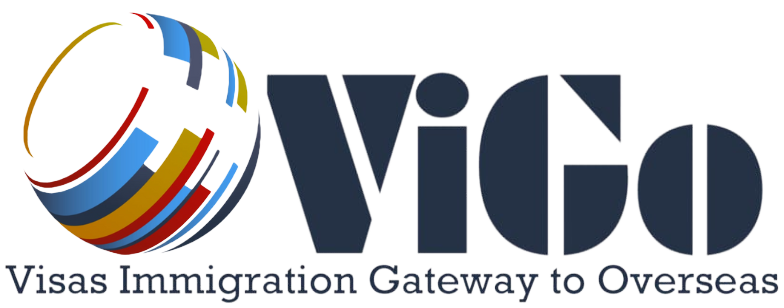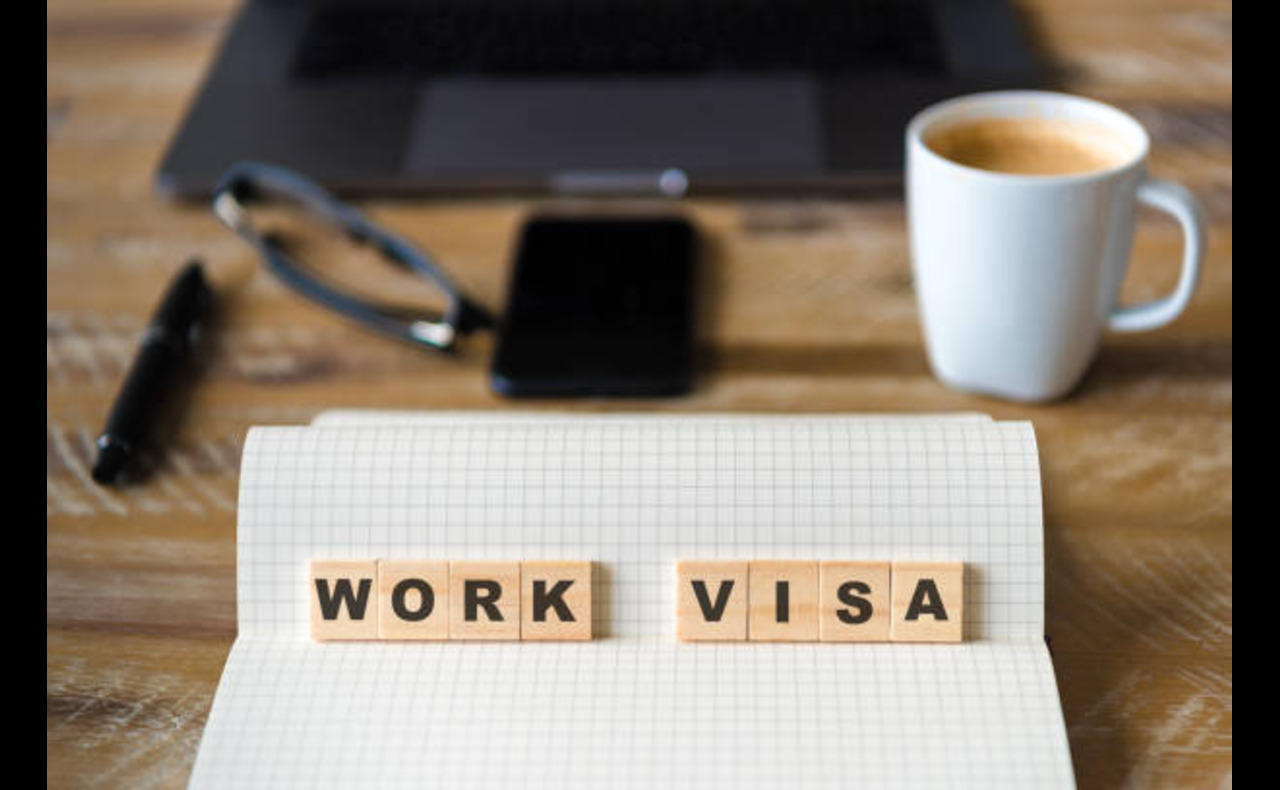- August 17, 2019
- by superadmin
- Marketing
- 0 Comments
Understanding Work Permits: A Comprehensive Guide
In today’s increasingly globalized world, work permits have become a vital aspect of international employment, offering workers the legal right to live and work in a foreign country. Whether you’re looking to hire foreign workers, seeking a job abroad, or considering relocation for better career prospects, understanding work permits is crucial.
What is a Work Permit?
A work permit is an official authorization that allows a foreign national to work in a specific country for a defined period of time. Work permits are typically issued by the immigration or labor authorities of the host country. These permits ensure that individuals from other nations comply with local employment laws, and they often come with specific conditions.
Types of Work Permits
Different countries have various categories of work permits based on the type of employment and the applicant’s qualifications. Here are some common types of work permits:
- Temporary Work Permits: Issued for a fixed period, often for specific jobs that require temporary foreign labor, such as seasonal work, internships, or projects.
- Skilled Worker Permits: Targeted at workers with specific skills or qualifications in demand in the host country. These permits are often granted to those with a job offer from an employer.
- Intra-Company Transfer Permits: For employees of multinational companies who are being transferred to the company’s branch or office in another country.
- Post-Graduation Work Permits: Offered to international students who have completed their studies in the host country, allowing them to stay and work for a certain period.
- Working Holiday Visas: A special category available in certain countries that allows young people from specific nations to travel and work for a limited time.
- Entrepreneur and Investor Visas: For those planning to start a business or invest in the host country. These permits often require substantial financial investment or the ability to create jobs.
The Work Permit Application Process
The process for obtaining a work permit can be complex and varies depending on the country and type of permit. However, there are some common steps:
- Job Offer: Before applying for most work permits, an applicant typically needs a job offer from a company in the host country. Some countries also require the employer to prove that no local workers are available to fill the role.
- Eligibility Check: Applicants must ensure they meet the specific eligibility criteria, which may include education, experience, language proficiency, and a clean criminal record.
- Documents Preparation: The application process generally requires various documents such as:
- A valid passport.
- Proof of job offer or employment contract.
- Proof of qualifications and experience.
- Medical exams or health clearance (in some countries).
- Evidence of sufficient funds (in some cases).
- Application Submission: Applications are typically submitted online, at consulates, or through immigration offices. Some countries may require biometric data as part of the application.
- Approval and Visa Issuance: Once the application is reviewed, the applicant will receive approval or denial. Upon approval, a work visa or permit is issued, which allows the person to work in the host country.
Benefits of Having a Work Permit
For workers, a work permit provides several key benefits:
- Legal Employment: It allows the individual to legally work in the host country, avoiding the risk of deportation or legal action.
- Access to Benefits: Work permit holders often gain access to social security, healthcare, and other employee benefits available to local workers.
- Career Growth: It enables career advancement in an international setting, which could lead to permanent residency or citizenship opportunities.
- Income Generation: A work permit allows foreign nationals to support themselves financially while living abroad.
Challenges of Obtaining a Work Permit
While work permits offer various advantages, the process of obtaining them can be challenging:
- Stringent Requirements: Many countries have strict requirements for issuing work permits, including specific skill sets, high education levels, or employment history.
- Long Processing Times: Depending on the country and type of work permit, the approval process can take weeks or even months.
- Limitations on Employment: Some work permits restrict the type of work an individual can do, the number of hours they can work, or the duration of their stay.
- Cost: Application fees, legal fees, and additional costs can accumulate, making the process expensive for both employers and workers.
Common Work Permit Misunderstandings
- Misconception 1: Work permits are automatically issued with a job offer. While a job offer is usually required, it doesn’t guarantee that the work permit will be granted. The employer and applicant must meet additional legal and bureaucratic requirements.
- Misconception 2: Work permits allow permanent residency. Most work permits are temporary and do not grant permanent residency automatically. However, some countries may allow work permit holders to apply for residency after meeting certain conditions, such as a long period of employment.
- Misconception 3: Work permits are easy to obtain for everyone. Some countries prioritize skilled workers or those with job offers in high-demand fields. Less-skilled workers might find it harder to obtain a work permit, especially in competitive job markets.
Work Permits and Immigration Policy
Countries regularly update their work permit policies to adapt to labor market demands and immigration policies. These changes can include:
- Expanding or narrowing eligibility requirements for work permits.
- Introducing new categories for specific sectors or industries.
- Implementing quotas or caps on the number of work permits issued annually.
For example, countries like Canada and Australia have well-established pathways for skilled workers through the Express Entry system, while countries in the European Union may allow workers from member states to move freely across borders without needing a work permit.
Conclusion
A work permit is an essential document that ensures legal employment for foreign nationals in a country. Whether you’re an employer seeking to hire international talent or a worker considering a new job abroad, understanding the requirements, processes, and benefits of work permits can greatly streamline your experience. While the process may be complicated, the rewards of obtaining a work permit include the opportunity to gain international work experience, enhance career growth, and access new economic opportunities.



